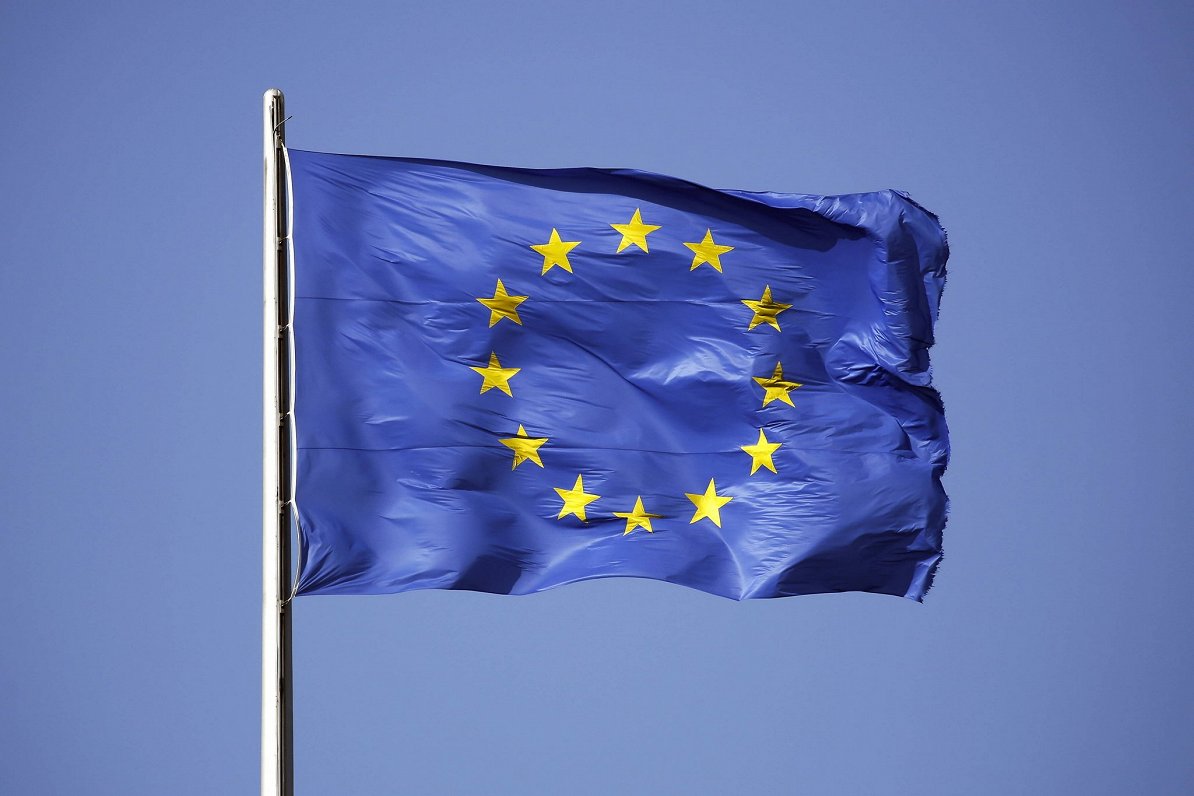A conference on the future of Europe is continuing this weekend in Strasbourg, the fourth major citizens’ panel discussion. The conference is made up of debates and debates led by the people themselves, not politicians, about what Europe should look like – what it should and should not do. The series of discussions will last for a whole year and should end next spring.
The European Parliament’s plenary has brought together people from Europe who have something to say about what and how the European Union needs to do.
“I have time because I am retired. I have children and grandchildren for whom I would like a better world. And if I can be a part of doing something for the cause, then I would like to be actively involved,” said conference participant Geraldine from Ireland.
Some have come at an unexpected invitation and driven by interest, but for others it is very clear what kind of Europe they would like.
“As for the vision of the future of Europe, I want Europe to be less bureaucratic, to be closer to ordinary citizens and to address today’s challenges – as environmental protection,” said Lenka, a Czech participant in the conference.
“The European Union can give my life a lot of opportunities, the freedom to go and work wherever I want, to meet a lot of people. If I compare it to Britain, they are now in their own little bubble. I hate it if it happened to me. I feel like European, “said Brian, a conference participant from Ireland.
“I believe that Europe must become a leader in environmental protection by developing a green economy with green jobs in the future,” said Hanja from Poland, a conference participant.
Such public panel discussions, involving people from all Member States, are only part of the overall range of activities. You can have your say both by organizing events in your own Member State and without leaving the couch, using an interactive multilingual digital platform. The organizers hope that this will allow those whose voices are usually not heard to speak.
“What we will do with their recommendations is not just put them in a beautiful document, but pass them on to European politicians, ministers, commissioners. And they must respond to those recommendations, tell citizens how they will be put into practice and what kind of reform is needed. to meet them, “commented Guy Ferhofstad, co-chair of the conference on the future of Europe.
The conference on the future of Europe will continue until spring. Will it lead to ideas about the need to radically change the EU and also to change its framework treaties? Most predict that such drastic changes are not expected.
–
Highlight text and press Ctrl+Enterto send the text to be edited!
Highlight text and press Report a bug buttons to send the text to be edited!
–
–


